Riyadh asks for US weapons to bolster missile systems against Yemeni army attacks: Sources
A report reveals that Saudi Arabia has turned to the United States to seek help in strengthening its missile interception systems, as the kingdom — which has been leading a protracted war on Yemen — remains unable to protect its soil against its southern neighbor’s retaliatory air raids.
Riyadh is seeking the US help amid pressure by Washington to end its blockade of Yemeni ports that the Ansarullah-run government in Sana’a says is an obstacle to ceasefire talks, Reuters quoted two sources with knowledge of discussions to end the Yemen war as well as a US official as saying.
“Publicly and privately, we’ve been putting a lot of attention on the port and the airport issue... It’s the right thing for Saudi Arabia to do,” the senior US government official said on condition of anonymity.
The source was referring to US pressure on the Saudi-led war coalition against Yemen to fully open access to the ports and the Sana’a airport, controlled by the Yemeni government, as demanded by the Houthi Ansraullah movement, which runs state affairs, as prerequisites to ceasefire talks.
The Riyadh regime, however, wants the US to first provide it with weapons so it can promote its air defense systems in the face of the Yemeni army’s stepped-up drone and missile raids on the kingdom’s soil, according to the sources.
Since 2015, Saudi Arabia has led a military campaign against Yemen to overthrow the popular Ansarullah movement and reinstall the Riyadh-friendly regime of Abd Rabbuh Mansur Hadi, who resigned in 2014 and fled to the kingdom.
The prolonged war, accompanied by an economic siege that has targeted Yemen’s key ports, has failed to reach its goals, killing hundreds of thousands of Yemeni people, and in turn, throwing the poorest Middle Eastern country into what the UN calls the world’s worst humanitarian crisis.
According to the latest estimate by UNICEF, the protracted war on Yemen has killed or maimed at least 10,000 children, which is equivalent to four children every day.
Riyadh enjoyed cordial relations with the US under former president, Donald Trump, who inked hefty arms deals with the kingdom despite worldwide outcry over Riyadh’s war against Yemen and its human rights violations, including the murder of the journalist Jamal Khashoggi.
However, under Joe Biden, the US has sought to reflect a hardening of its attitudes toward Saudi Arabia, with Biden vowing to end his predecessor’s carte blanche to the kingdom.
Last month, Biden ordered the release of classified documents linked to Saudi involvement in the 9/11 attacks. Earlier this year, he published an assessment by US intelligence agencies that Saudi Arabia’s de facto leader, Crown Prince Mohammad Bin Salman (MBS), personally ordered and directed Khashoggi’s gruesome murder.
Nevertheless, as some observers had predicted, the US later cited “national interests” for not punishing Saudi Arabia or MBS.
Arms deal contradicts policy on ‘offensive weapons’
The US official also told Reuters that the defense of Saudi Arabia is a vital US commitment and “something that the Saudis are specifically looking for.”
“I think what that boils down to is that there is a conversation between the US and Saudi Arabia about how best to deliver on the president’s commitment to defend the kingdom,” the official said.
The source added that such commitment would be accompanied by not providing “offensive weapons” to the kingdom for the Yemen war.
BIDEN: I promise to follow climate and pandemic science.
— Tacoma Mike ☮️🌹🦺 masked+vaxed (@mgb5000) October 27, 2021
BIDEN: Thank you for the donation and I changed my mind.
BIDEN: I won't send offensive weapons to Saudi Arabia for use against Yemen.
BIDEN: Thank you for the donation and I changed my mind.https://t.co/gv97cAHXnS
The remarks come a month after the Biden administration announced a new $500m military contract with Saudi Arabia, which observers say contradicts the White House’s public policy against providing so-called offensive weapons to the kingdom.
Earlier this month, Yemeni Foreign Minister Hisham Sharaf Abdullah said American interests are blocking an end to the war on Yemen.
Abdullah said top US officials were trying to portray the Sana’a government as the side that is obstructing the peace process, but their attempts to deceive the world had already failed.
He stressed that the war coalition against Yemen has been carried out with Washington’s direct participation and support.
UN condemns Israel’s indiscriminate attacks on hospitals in Gaza
US sanctions IRGC entity over alleged election interference
VIDEO | Gaza wraps up 2024 with non-ending horror and genocide
Hussam Abu Safiya: Health workers on X demand release of senior Palestinian doctor
France admits launching missile strikes in Syria
Iran signals easing of position on FATF conventions
Jimmy Carter and his tainted legacy of hostility toward Islamic Republic of Iran
Israel hiring Indian workers as Palestinians leave construction industry amid war


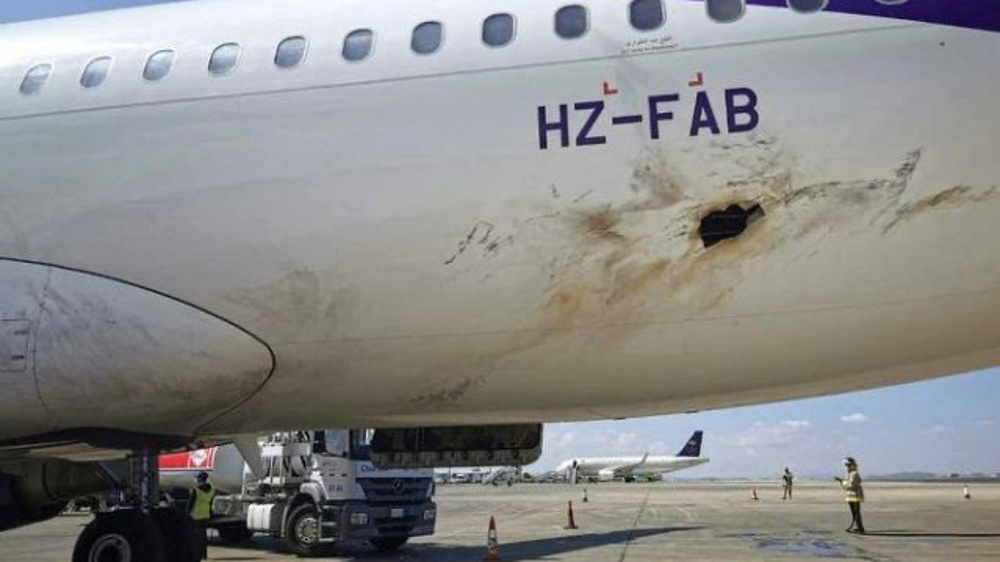
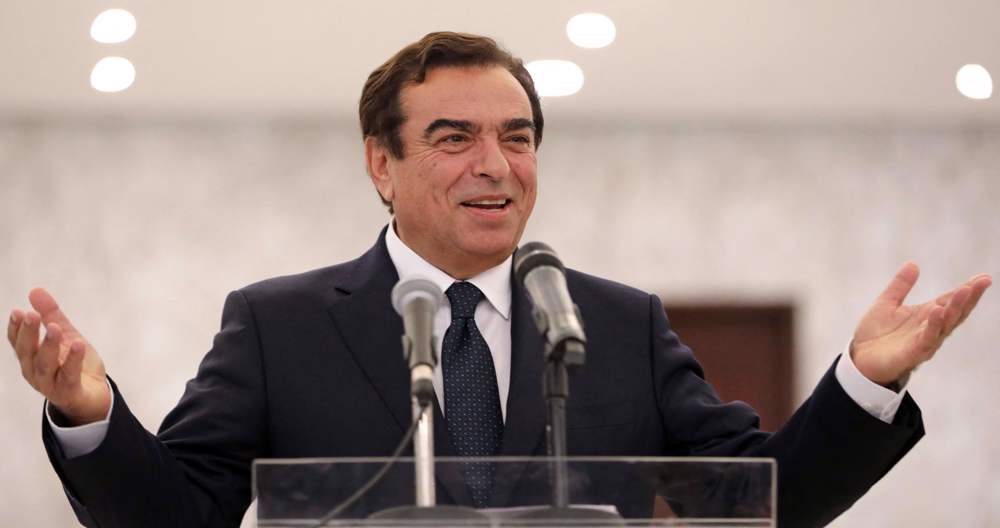
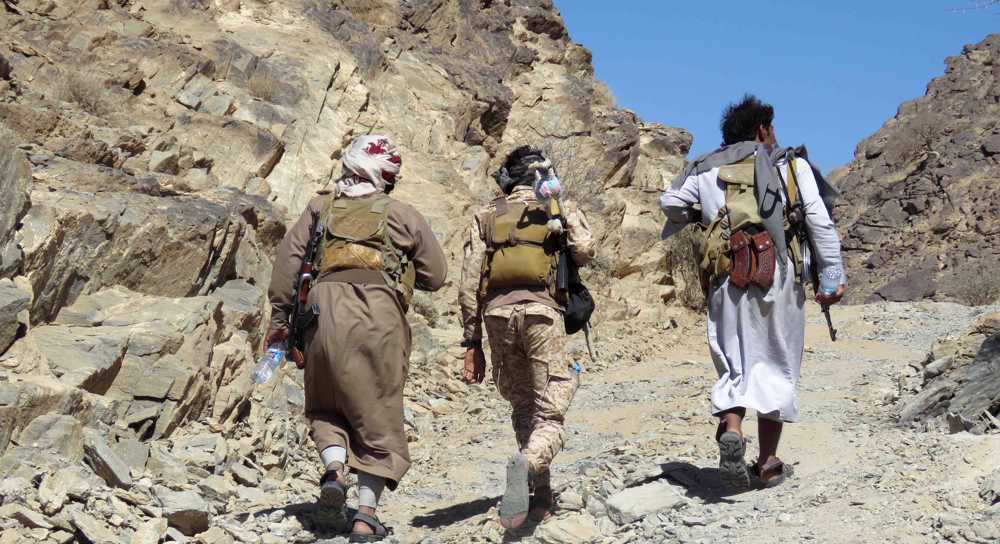






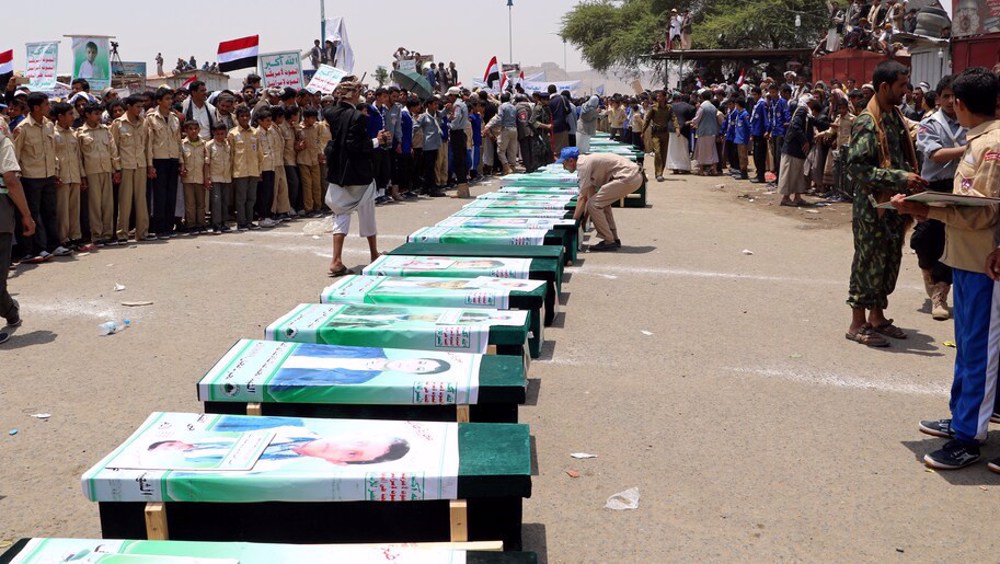
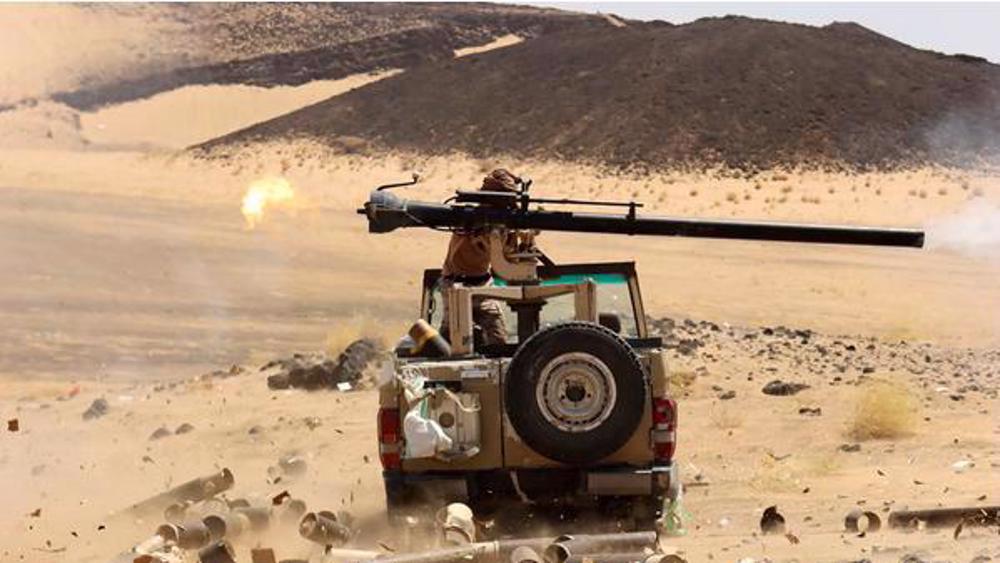
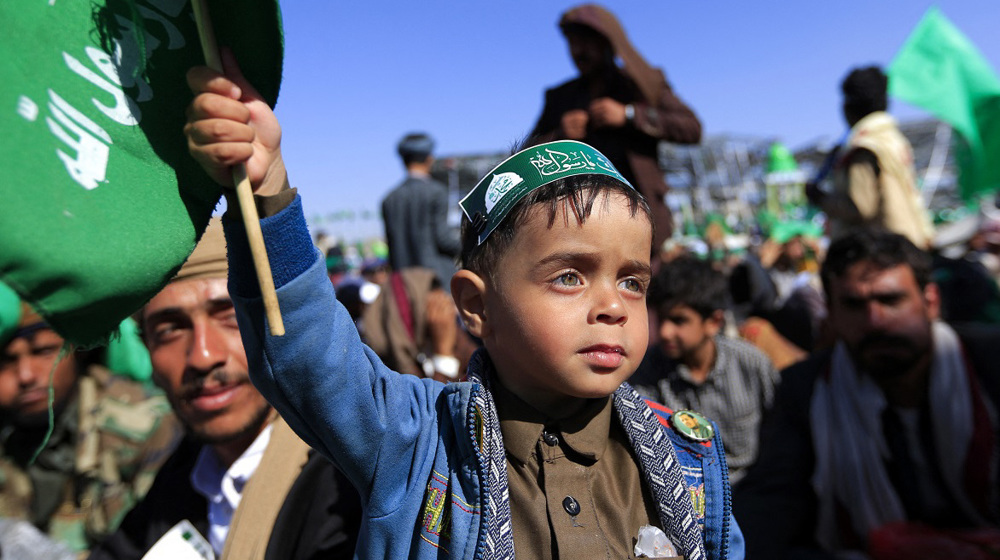
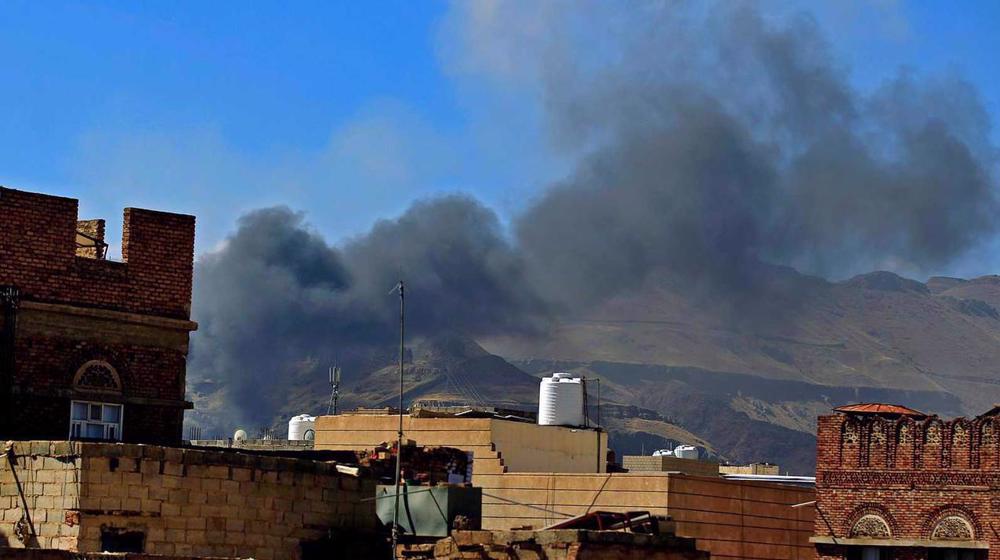
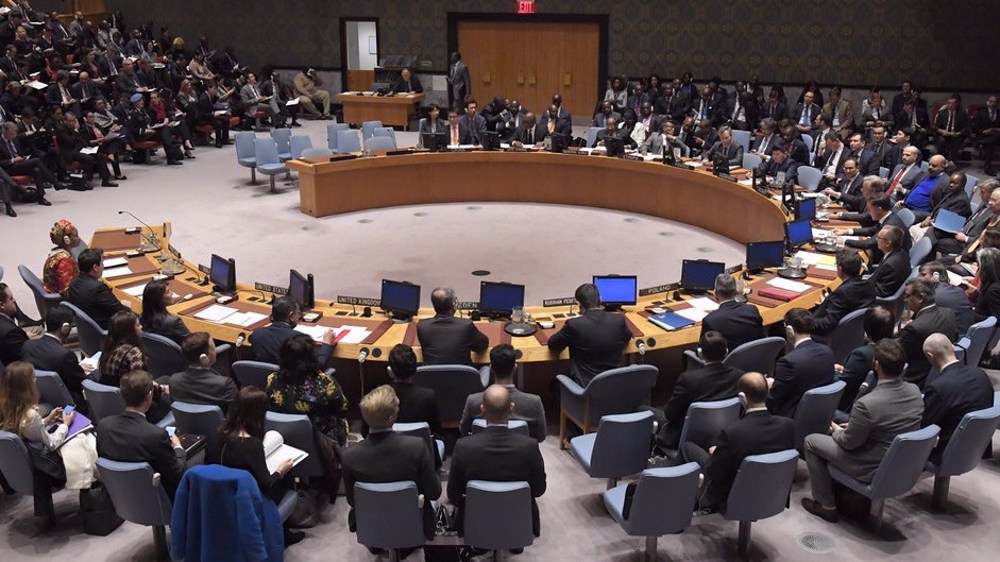

 This makes it easy to access the Press TV website
This makes it easy to access the Press TV website